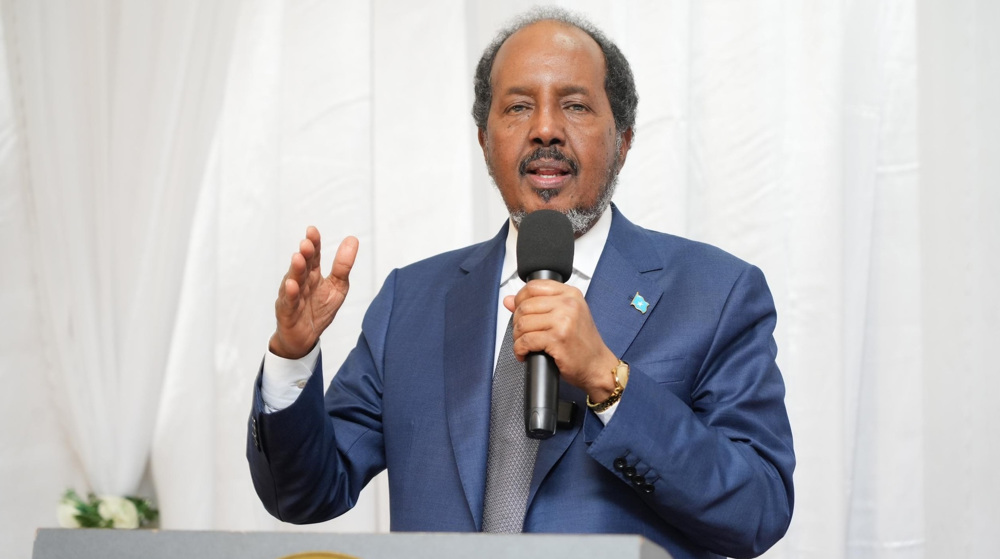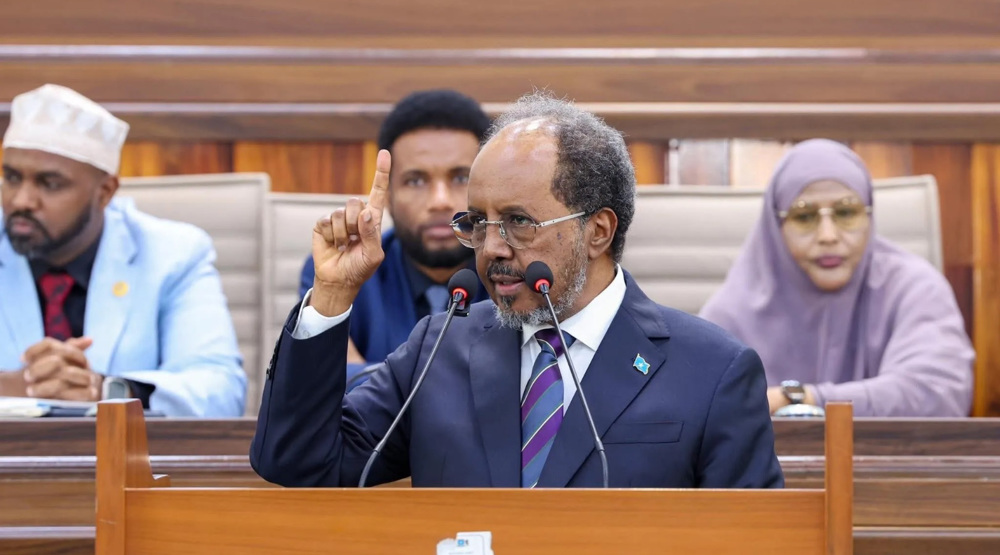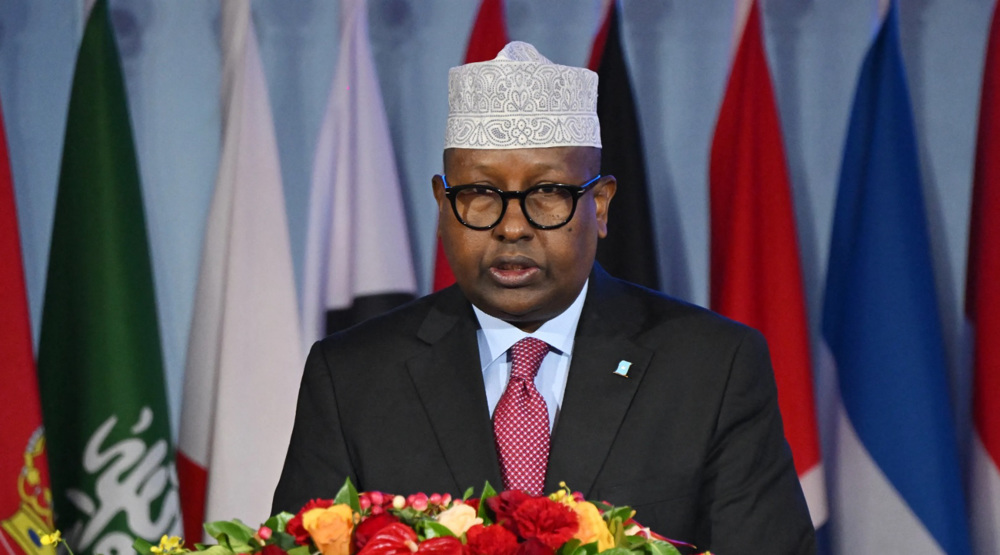Al-Shabab represents most immediate threat to Somalia: UN report
A UN report has warned that the Somalia-based al-Shabab Takfiri militant group is still capable of conducting large-scale attacks despite the “prevailing” rhetoric of successful counter-terrorism efforts.
The al-Qaeda-linked terrorist group carried out six sophisticated assaults on hotels in the Somali capital Mogadishu between November 2015 and June 2016, the report by UN sanctions monitors said on Friday.
"Contrary to prevailing narratives of successful counter-insurgency and counter-terrorism efforts, the monitoring group assesses that the security situation has not improved in Somalia," the report stated.
The Takfiri militant group "represents the most immediate threat to peace and security in Somalia and continues to be a destabilizing force in the broader East and Horn of Africa region," said the report, which was submitted to the United Nations Security Council earlier this week.
Al-Shabab is fighting to topple the government in Mogadishu. The battle between Somali government forces and the militants has continued since 2006.
In 2011, al-Shabab was driven out of Mogadishu and other major cities by the African Union Mission in Somalia (AMISOM), but the militants keep carrying out attacks against civilians and troops in the country.
The group has a long record of attacks in Kenya in revenge for the country’s contribution to the African Union mission in Somalia.
Referring to the 2015 attack at the Garissa University College campus in Kenya, where nearly 150 people were killed, the UN report said the group "retains both the capability to carry out another such attack and a self-proclaimed motive with regard to targeting countries contributing troops to AMISOM."
AMISOM force is largely made up of troops from Ethiopia, Uganda, Burundi, Djibouti, Sierra Leone, and Kenya.
The report said that after the February blast on a Somali plane of an explosive device planted on a laptop, the terrorists resorted to more sophisticated tactics targeting aircraft.
Al-Shabab is "likely to have had external assistance in the construction of the device," the report said.
The UN report said the killing of at least three senior al-Shabab leaders in a series of drone strikes and raids may have failed to seriously weaken the group.
"Al-Shabab possesses a robust and ideologically committed 'middle management' capable of seamlessly stepping into positions vacated by assassinated senior leaders," the report said.
The UN sanctions monitors censured the Somali government for its failure to pay soldiers' salaries, which has prompted withdrawals from areas in the south and center of the country, allowing the militants to return to those areas.
Hamas slams Israel's plan to expand East al-Quds boundaries
Iran congratulates Bangladesh on successful parliamentary elections
VIDEO | Israel approves land registration in West Bank’s Area C, raising Palestinian annexation fears
VIDEO | Press TV's news headlines
Iran: World bears responsibility to counter Israel’s rights violations in West Asia
Saudi Arabia condemns Israel’s seizure of West Bank land, warns of regional instability
Israeli producer of anti-Iran propaganda series ‘Tehran’ dies in Greece
Diplomacy and deterrence: Iran focused on reaching nuclear deal – without compromise










 This makes it easy to access the Press TV website
This makes it easy to access the Press TV website